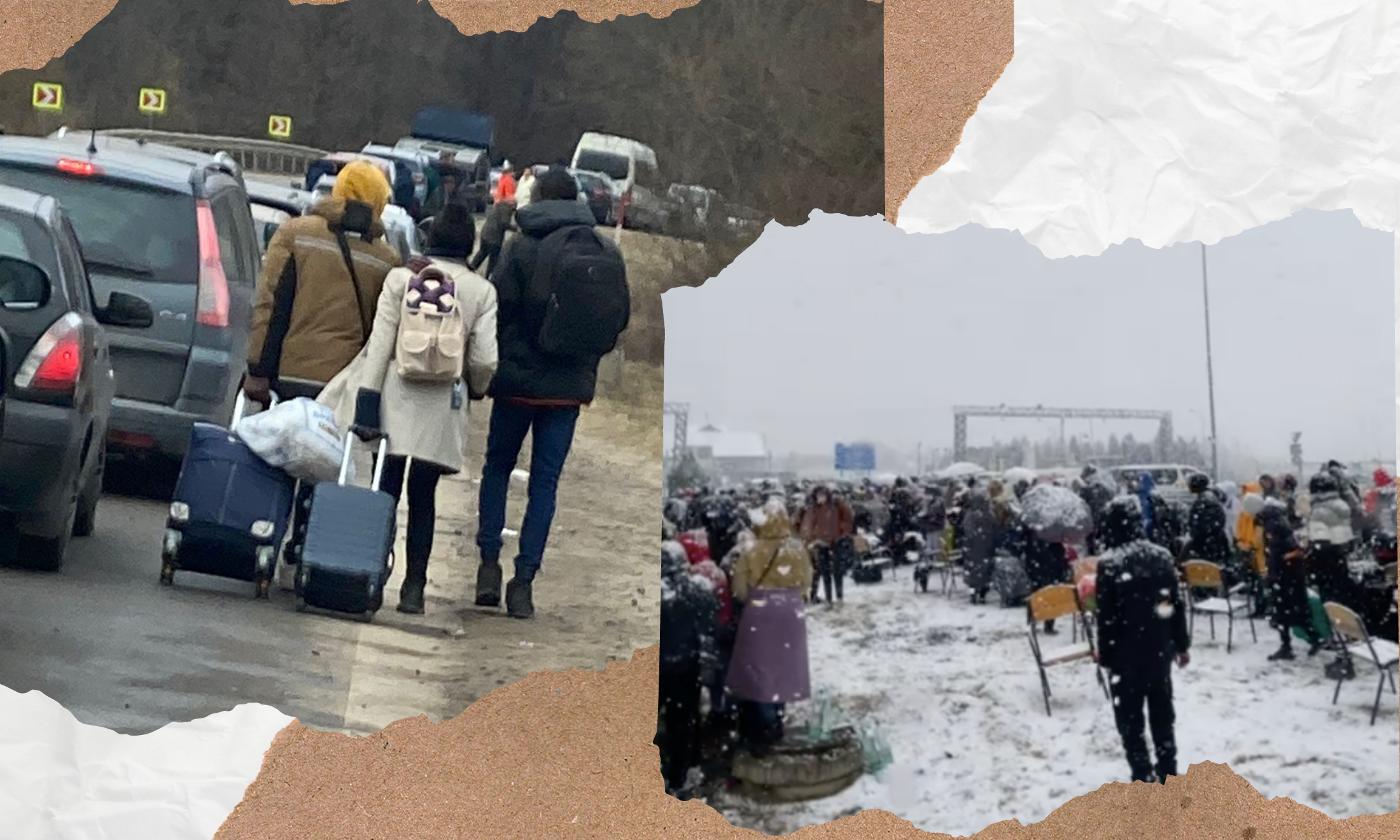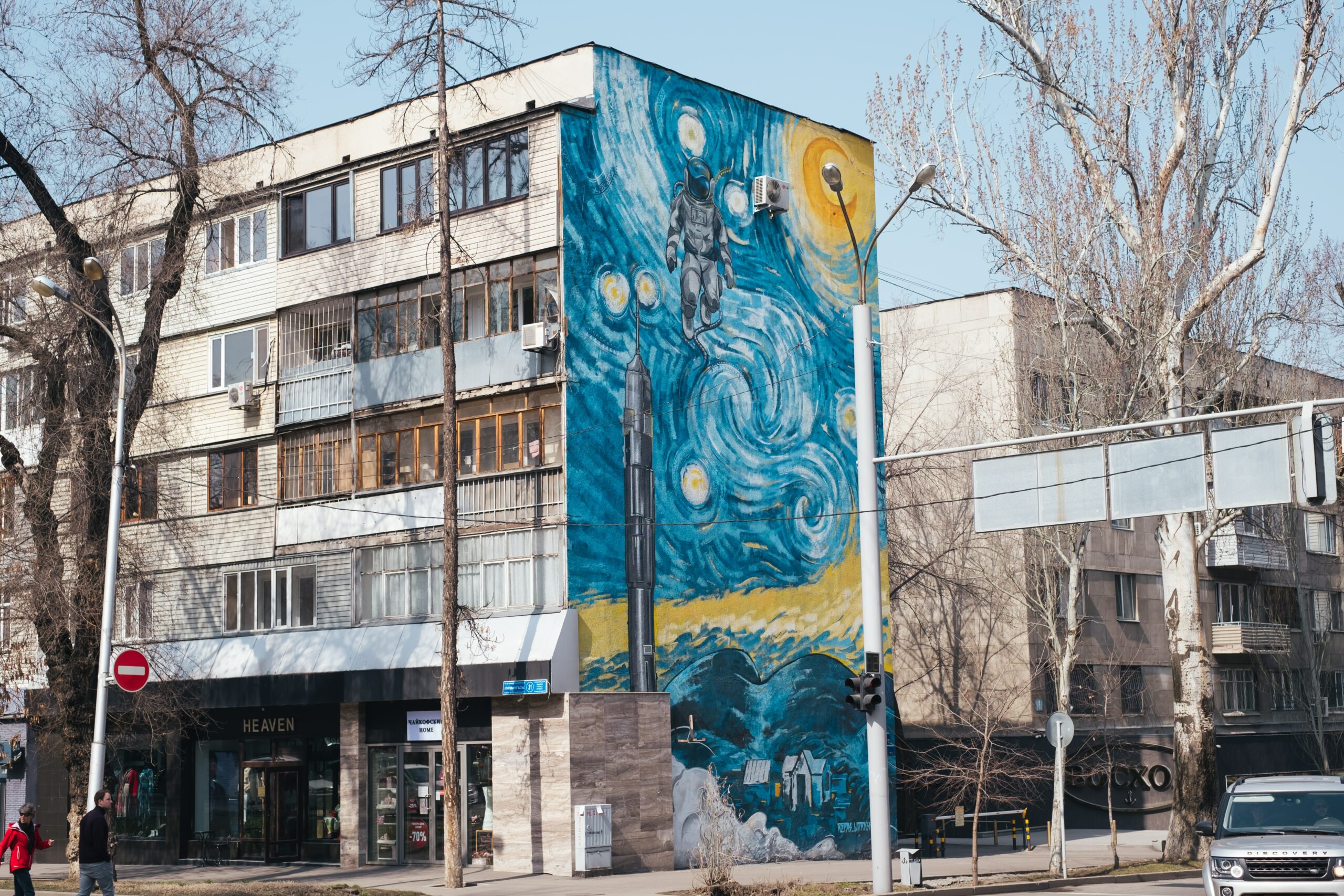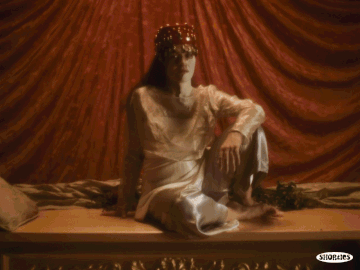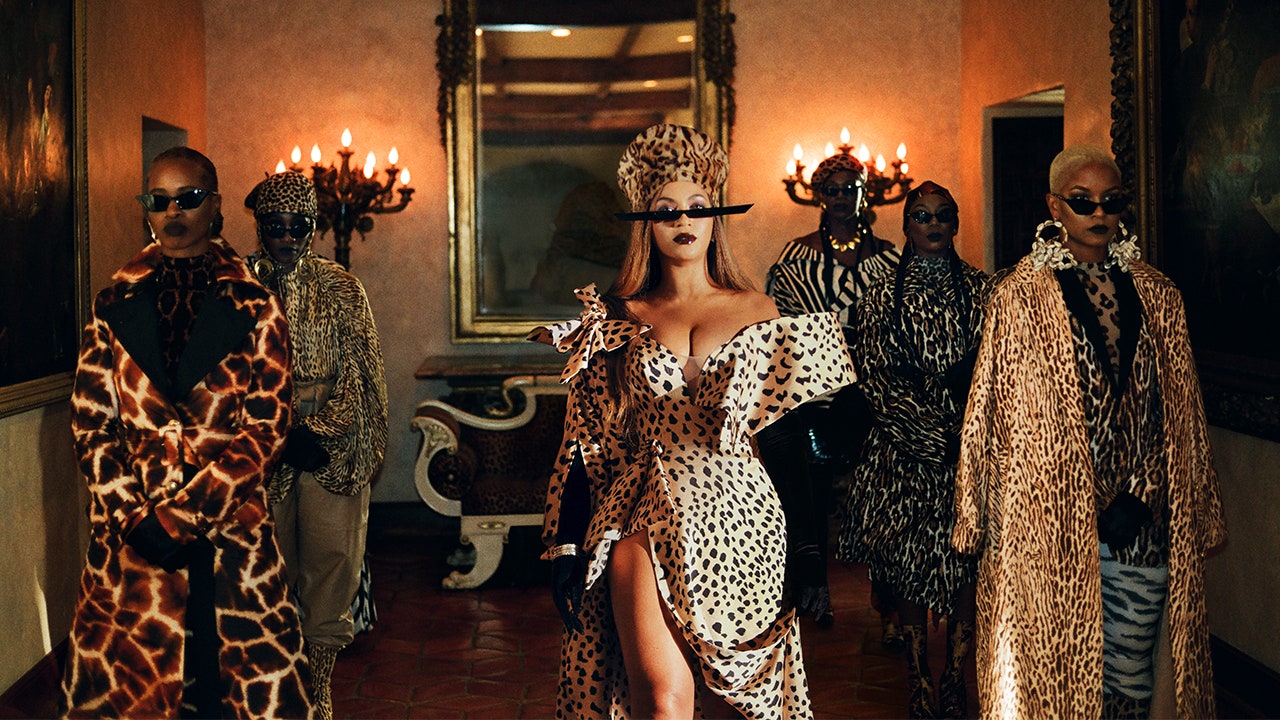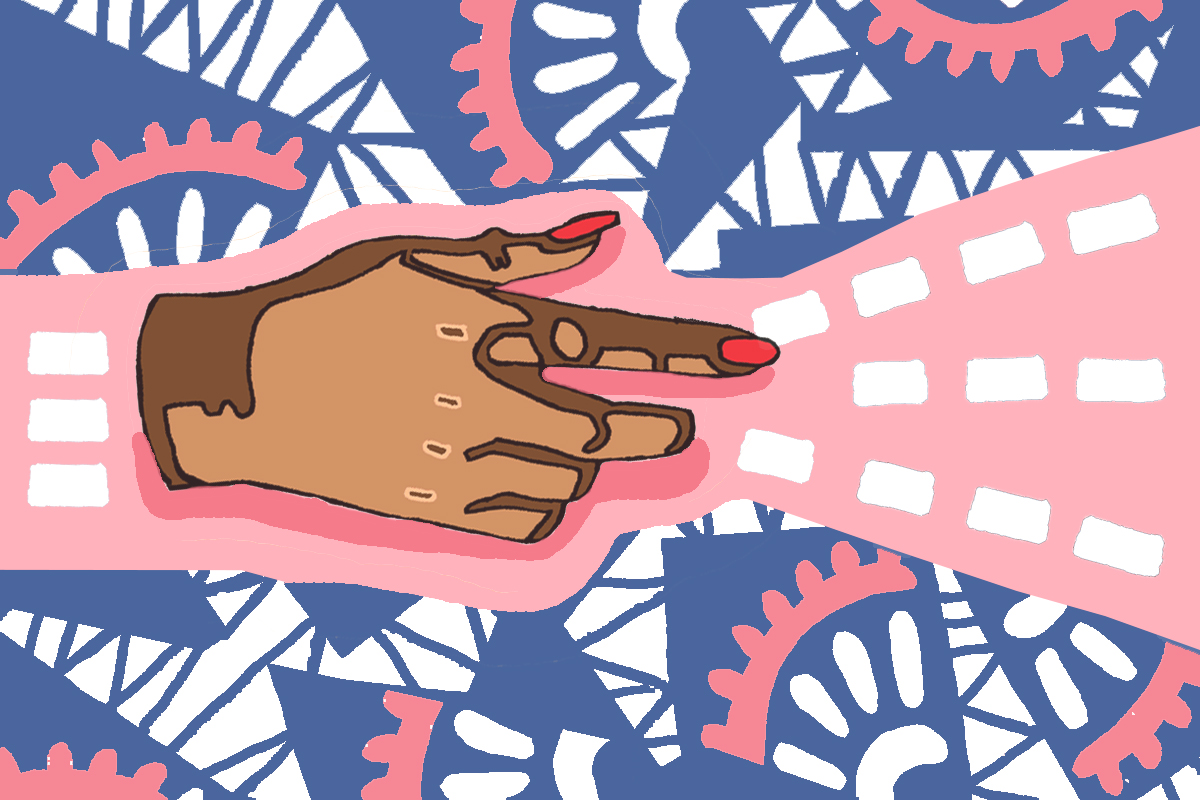
As a British woman of the Yoruba descent, I’ve witnessed an incredible transformation in popular culture in recent years, with regards to the African diaspora: the natural hair movement, the resurgence of traditional African religious systems, the increasing popularity of African-inspired genres like Afrobeats, and the mystique of the “African” styles seen at Afropunk. There has been a re-emergence and revitalisation of Afrocentric themes, styles, genres and customs, with a diasporic twist.
And I too have drawn from this wave of inspiration, dorning locs and wearing jewelry and clothing inspired by my Yoruba heritage. However, as much as it has delighted me to see myself and others in the diaspora unapologetically glowing in our achievements and progresses, I believe that we mustn’t play down or trivialise the persistent and pervasive problems that continue to saturate many African countries. And, it is important that we explore how we can utilise our position of “privilege” in the West to better understand and assist in addressing the challenges faced by African countries.
Members of the African diaspora, rightfully, are quick to call-out problematic depictions of African people in the media. “Shocked and appalled” were the comments UK rapper Fuse ODG levelled at the proposed lyrics of Bob Geldolf’s 2014 reboot of the charity Christmas single, ‘Do They Know It’s Christmas?’ by Band Aid 30. He argued that lyrics such as: “There is no peace and joy in West Africa this Christmas” did not reflect the Africa that he knew and instead, perpetuated harmful negative stereotypes that permeated Western depictions of Africa and its people.
“We mustn’t play down or trivialise the persistent and pervasive problems that continue to saturate many African countries”
Understandably, this sentiment is frequently mirrored amongst those in the diaspora, as negative perceptions of African people not only have significant consequences for people in Africa, they also have effects for those of African descent living in the West as famously demonstrated in Edward Said’s Orientalism. Perceptions of Africans as “savages”, “backwards” and “undeveloped” concretely affect the African diaspora’s access to legal status, education and employment and therefore, again, should be hastily condemned.
That being said, there are significant problems that need to be actively overcome, and we shouldn’t let our desire to protect the image of Africa overshadow us in confronting the real and pervasive problems that exist there. Economically speaking, many African countries have seen significant progress over the last decade, but it is uncertain the extent to which this is being reflected amongst the general populace. Nigeria, for example, is often held up as a fast-emerging country. However, it also ranks poorly globally for wealth distribution, living standards, freedom and corruption.
There are reasonable questions to be asked about the methodology of these indicators, but irrespective of this, these indicators shouldn’t simply be overlooked. Indeed, challenges faced by different African countries are multilayered and varied in nature and degree. Africa is, of course, not a homogenous, monolithic entity, and writings, such as those by Malawian historian Paul Tiyambe Zeleza, demonstrate how the notion of “Africa” as a unified identity is a highly problematic invention. However, as Zeleza also argues, “Africa” is also a reality, with respect to ideas of pan-Africanism, African Nationalism and the legacy of colonialism. And in this reality, I wonder if a wider cultural inspiration would be useful in African countries, similar to that seen in the diaspora.
“We shouldn’t let our desire to protect the image of Africa overshadow us in confronting the real and pervasive problems that exist there”
The legacy of slavery, colonialism, racism and capitalism for African countries should not be, in any way, trivialised. The hurdles that many African countries face are considerable and complex, but this, in turn, does not mean that they are paralysed by these obstacles. My mother, for example, would frequently reminisce about the “good ol’ days” where Nigeria roads, for instance, were not filled with potholes and the Naira was of similar value to the British pound, and that for her, it seems like Nigeria has regressed in recent decades. Thus, as more in the African diaspora reject Western standards and notions that don’t serve them, and instead, adopt a syncretic approach between Western ideals and that of their ethnic origin – we are in a unique position, with a unique perspective to facilitate our brothers and sisters in Africa.
To reiterate, the African diaspora (or Africa) is not homogeneous. We are descended from every corner of the vast continent. But, we are a group that is often raised and educated in the West and also influenced by our indigenous traditions – whether that be culturally or linguistically. This blend, in my view, enables us to see the flaws and limitations of many aspects of Western society – quelling the prevalent rose-tinted perceptions many in Africa hold about life in the West.
Similarly, we can see the successes of Western society too, such as education, welfare and healthcare systems, that could potentially be applied to African countries. Our increasing social and economic mobility, as well as our desire to express our “Africanness”, has enabled us to“‘pick and choose” aspects of African culture and customs to adopt, and so, we too must not do this without due appreciation and “giving back” to those that created it. We can see and often have experienced the strengths and weaknesses of both the West and our respective countries in Africa, and have often overcome them, thus, we can use this view to contribute more nuanced solutions to African development discourses.
“The African diaspora is not homogeneous. We are descended from every corner of the vast continent”
Dilip Ratha and Sonia Plaza’s book Diaspora for Development in Africa, for instance, gives concrete examples of how the diaspora can promote knowledge exchange, trade and innovation. It offers illustrations from helping companies and charities create models that better tailor to the needs of various African countries and direct investment in the creative industries, to joint projects with people living in Africa. This is not to undermine the work that is already being done, my mother kindly reminded me that many people send money home to help their families that live in Africa. This money, she said, helps to improve lives, start-up businesses, adding much-needed finances into the economy that would otherwise not be there. However, although this is important, it is often not enough to transform communities.
The diaspora now occupies many influential and powerful positions in a vast range of areas of Western society – from music, film, sport and technology – and can use this position to assist African people in Africa. The success of the Black Panther film is an example of how Western platforms like Hollywood, the African Diaspora and African traditions can synergise to create powerful, transformative work – propagating ideas of female empowerment, investment in STEM subjects and pride in traditions and customs. This is an example of how we can provide a vision to African people of what they could be, with alternative ways of achieving it, that does not just involve “copying” the West.
There are still significant challenges that the African diaspora face, institutional racism still entrenches many aspects of Western society, but with this, we are succeeding and prospering, and as we do, we can lift our brothers and sisters up with us. African countries are varied and complex, but if more can be done, more should be done.

